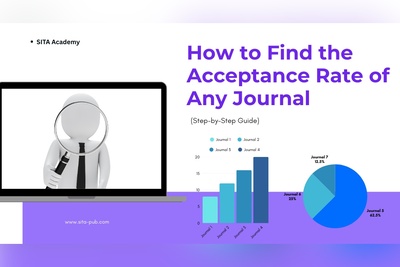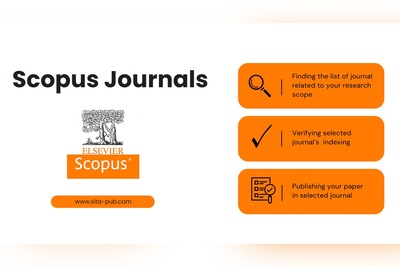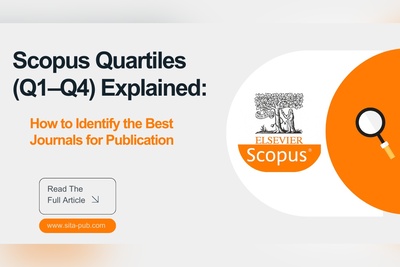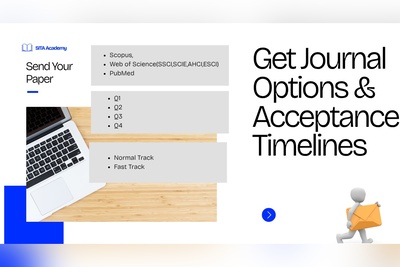Scopus Indexed Journals: A Guide for First-Time Researchers
Discover how to publish your first paper in Scopus-indexed journals. This guide explains why Scopus is ideal for first-time researchers, how to find and verify journals, fees, timelines, and practical solutions for common publishing challenges.
- Why First-Time Researchers Choose Scopus Journals
- How to Find a Scopus Journal
- How to Verify Indexing and Authenticity of Scopus Journals
- How to Check Acceptance and Publication Timelines of Scopus Journals
- What Happens After Journal Selection
- Understanding Scopus Fees and APCs
- Scopus Publication Services for First-Time Researchers
- Additional Services That Can Help
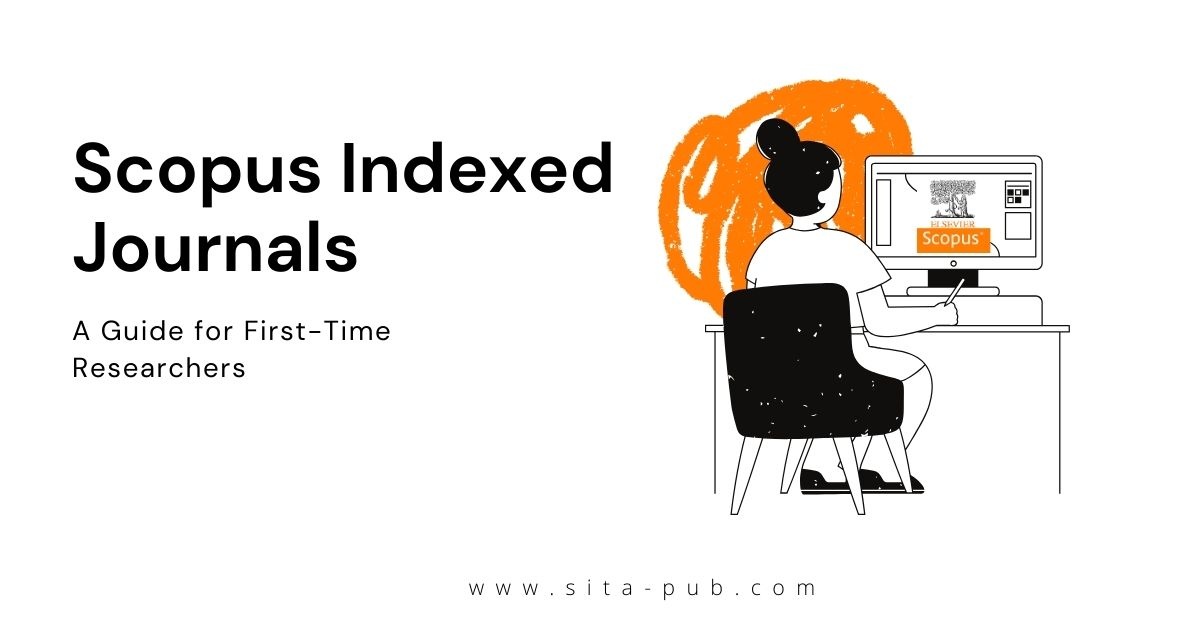
Introduction
Finishing a Master’s thesis or a PhD dissertation is a huge milestone, but for many graduates it’s just the beginning of their academic journey. One of the next logical steps is turning that research into a journal publication. For first-time researchers, publishing in Scopus-indexed journals is often the most attractive and practical path.
Graduate students are not the only group in this position. Early-career faculty members aiming for tenure, professionals who want to strengthen their academic profile, and independent researchers entering the world of scholarly publishing for the first time also face the same question: Where should I publish my first paper?
For many of them, Scopus journals become the go-to choice — and for good reasons.
Why First-Time Researchers Choose Scopus Journals
Scopus is one of the largest and most widely recognized abstract and citation databases of peer-reviewed literature. Compared to other options, it offers unique advantages for first-time researchers:
Diverse Fields of Study
Whether your research is in engineering, medicine, education, business, social sciences, or the arts, Scopus covers thousands of journals across almost every academic discipline.Quartile Ranking System (Q1–Q4)
Journals in Scopus are categorized into quartiles based on their impact and citation performance. This gives researchers flexibility: a highly competitive Q1 journal for those aiming for maximum visibility, or Q3–Q4 journals for those who prioritize accessibility and higher acceptance rates.Faster Publication Options
Many Scopus journals offer relatively shorter review and publication timelines compared to Web of Science (WoS) journals, making them appealing for those with academic deadlines.More Affordable Fees
While some Scopus journals charge article processing charges (APCs), the fees are often lower than high-end WoS journals. For early-career researchers with limited funding, this is a key advantage.Higher Acceptance Opportunities
Because of the wider range of quartiles and journals, first-time researchers usually find Scopus journals more approachable for their first publication.
Writing a Research Paper for Scopus Publication
If you are a graduate student, your thesis or dissertation is an excellent starting point. Large projects like these can often be divided into two or more publishable articles. Don’t worry if your thesis is not written in English — translation services and editorial support can bridge the gap.
Alternatively, you can develop a new paper from scratch based on recent research or collaborative work. The important part is ensuring your manuscript meets the standards of originality, clarity, and scholarly contribution.
How to Find a Scopus Journal
There are several ways to identify suitable Scopus journals for your work:
University Support: Many universities maintain lists of recommended or affiliated journals.
Research Publication Centers: Specialized services help researchers match their work to journals.
Free Online Tools: The Scopus database itself provides a source list, and tools like Elsevier’s Journal Finder can suggest journals based on your abstract or keywords.
How to Verify Indexing and Authenticity of Scopus Journals
Not all journals claiming to be indexed are legitimate. To confirm:
Check the official Scopus Source List on Elsevier’s website.
Search the journal by ISSN, title, or publisher.
Cross-verify with your university library or research office.
Avoid predatory journals that falsely claim indexing — a common trap for first-time researchers.
How to Check Acceptance and Publication Timelines of Scopus Journals
Many journals publish estimated timelines for review, acceptance, and publication. Look for sections like Author Guidelines or Submission Process on the journal’s website.
However, not all journals provide clear timelines. In such cases:
Contact the editorial office directly.
Ask colleagues who have published in that journal.
Seek advice from academic support services familiar with journal workflows.
What Happens After Journal Selection
Once you have chosen your target journal, the process continues with:
Formatting your paper according to the journal’s style (margins, fonts, citation style, tables, figures).
Submission through the online system.
Peer review, where reviewers evaluate your work and may request revisions.
Final decision — acceptance, revision, or rejection.
Understanding Scopus Fees and APCs
Scopus journals may have different financial models:
Subscription-based journals: Often no fees for authors, but access is limited to subscribers.
Open access journals: Require APCs for publication, but your paper becomes freely available to the public.
Always check the journal’s Author Guidelines or Instructions for Authors for updated fee information.
Scopus Publication Services for First-Time Researchers
Publishing your first paper comes with challenges. Here’s how SITA Academy's publication support services can help:
Challenge: No Ready Paper
Solution: We can extract multiple publishable papers from your thesis or dissertation.Challenge: Difficulty Finding Journals
Solution: We provide journal recommendations matched to your research scope, budget, and deadline.Challenge: Adherence to Formatting Guidelines
Solution: We handle the technical formatting, ensuring compliance with the target journal’s requirements.Challenge: Submission Process
Solution: We submit your paper on your behalf, along with all necessary supplementary files (cover letter, declarations, etc.).
Additional Services That Can Help
Native English Editing Certificate: Some journals require this for non-native authors.
Plagiarism Checking and Paraphrasing: Ensures originality and compliance with plagiarism thresholds.
Cover Letter Writing: A professional letter to editors increases the chances of serious consideration.
Translation Services: From Arabic, Russian, Chinese, French or other languages into academic English.
Conclusion
For graduate students and other first-time researchers, Scopus provides an accessible, respected, and diverse platform for academic publishing. From selecting the right journal to formatting and submission, the journey may feel complex — but with the right guidance and support, your research can reach a global audience.
Publishing your first paper is not just about ticking a box — it’s about making your voice heard in your academic community. Take the first step with confidence, and let your research find the recognition it deserves.
Verified Contact Channels
If you have any questions, inquiries, or would like to learn more about our services, please don't hesitate to reach out to us. Our dedicated team is ready to assist you.






